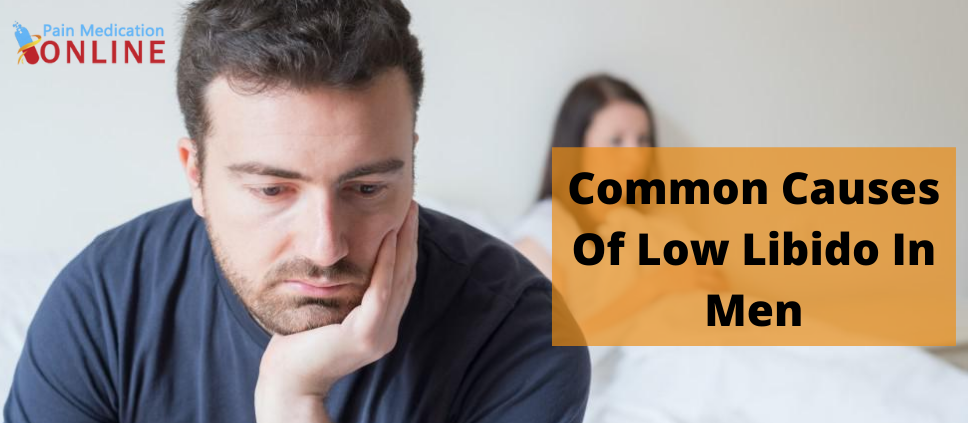Category
- Buy Adderall Online
- Buy Adipex Online
- Buy Alprazolam Online
- Buy Ambien Online
- Buy Ativan Online
- Buy Carisoprodol Online
- Buy Clonazepam Online
- Buy Codeine Online
- Buy Darvocet Online
- Buy Demerol Online
- Buy Diazepam Online
- Buy Dilaudid Online
- Buy Fioricet Online
- Buy Gabapentin Online
- Buy Hydrocodone Online
- Buy Hydromorphone Online
- Buy Klonopin Online
- Buy Lexapro Online
- Buy Lorazepam Online
- Buy Lorcet Online
- Buy Lortab Online
- Buy Meridia Online
- Buy Methadone Online
- Buy Modafinil Online
- Buy Norco Online
- Buy Opana ER Online
- Buy Oxycodone Online
- Buy Oxycontin Online
- Buy Percocet Online
- Buy Phentermine Online
- Buy Roxicodone Online
- Buy Soma Online
- Buy Suboxone Online
- Buy Subutex Online
- Buy Tapentadol Online
- Buy Tramadol Online
- Buy Valium Online
- Buy Viagra Online
- Buy Vicodin Online
- Buy Xanax Online
- Buy Zolpidem Online

Deals & Discounts
Use Coupon Code
SAVE10

Welcome to our new health blog. Our today’s blog is based on a widespread but complicated health disease. Yes, we are going to talk about low libido in men. Even though most people face this problem at some point in their life, no one wants to talk about this condition, its causes, and its impacts on their life.
According to a report, every fifth person experiences low libido at some point in life. In most cases, couples face unpleasant issues and make harsh decisions like separation. This shows the complexity of low libido and its danger for sufferers.
If you are also suffering from any sexual problem and experiencing low due to humiliation, this blog will help you with the best information. Keep reading to understand all about low libido and common causes of low libido in men. Let’s start;
What is low libido?
Low libido is a common human condition characterized by low sex interest. In other terms, low libido is a sexual problem in which the sufferer does not feel horny most of the time. This condition occurs due to age; however, there might be certain other reasons in some cases.
Low libido effects in men are not always a matter of concern, but they can affect your relationship if your intercourse duration does not meet your partner’s expectations. Low libido in men can indicate an underlying physical or psychological health condition like depression. In order to avoid the impacts of low libido in men, you need to understand the causes of this condition. Once you are aware of the results and root causes of low libido, you can take a number of therapies and remedies to get relief.
Primary causes of low libido
Low testosterone
Several sexual hormones work to raise erection in males, and testosterone is the most important. In males, testosterone is mainly produced in the testicles. This hormone is also responsible for building bone mass and muscles and stimulating sperm production.
Testosterone levels in healthy adults might vary due to genetic or health problems, but that’s not always problematic. However, males with less than 300 nanograms per deciliter of testosterone may experience low libido in men. Decreased levels of libido indirectly cause reduced levels of sexual desire.
Medications
Taking certain high-potential medications can lower testosterone levels, which in turn may result in low libido. For example, blood pressure (BP) medications like ACE inhibitors and beta-blockers can prevent ejaculation and erections.
Other medicines that can cause low libido may include;
- hormones used to manage prostate cancer
- corticosteroids
- chemotherapy or radiation for cancer treatment
- opioids like oxycodone, morphine
- antifungal medications like ketoconazole
- anabolic steroids
Restless legs syndrome
RLS or restless legs syndrome is the uncontrolled urge to move your legs. According to a study, people, especially men, are at higher risk for developing ED or erectile dysfunction, a primary symptom of low libido. ED occurs when someone cannot have or maintain an erection.
Also, people who have RLS episodes more frequently were even more likely to become impotent.
Depression
Depression changes all parts of an individual’s life. Men with depression experience a reduced or complete lack of interest in activities they once found enjoyable. Sometimes, medications for depression, like anti-depressants, also cause low libido in men. Medications may include;
- serotonin-norepinephrine reuptake inhibitors or SNRIs like duloxetine (Cymbalta)
- SSRI or selective serotonin reuptake inhibitors like sertraline or fluoxetine
It will help if you go for medical consultation if you suspect your low libido is caused by long-term use of antidepressants. Professionals may help you with the best treatment programs.
Chronic or long-term illness
A chronic illness not only affects your physical health but also causes certain psychological and behavioral changes. As a result, you feel agitated and lose interest in having sex. Certain long-term health conditions like cancer can also reduce sperm production in your body and contribute to low libido in males.
Chronic conditions that can cause low libido may include;
- type 2 diabetes
- high blood pressure
- obesity
- high cholesterol
- heart, kidney, lung, or liver failure
You must visit your doctor if you are experiencing low libido due to a chronic illness. You may also consider meeting a marriage counselor about your issues.
Sleep problems
According to the Journal of Clinical Sleep Medicine, people with OSA or obstructive sleep apnea experience lower testosterone levels. In turn, low testosterone levels lead to decreased sexual activity in the libido. In the research, professionals found that about one-third of the men with sleep apnea also had reduced testosterone levels.
Since testosterone levels are directly connected with your sex power and desire, low levels also cause low libido in males.
Aging
Testosterone, linked to libido, starts decreasing overtime after an age. As a result, it may take longer to have an orgasm in older years and become aroused. Your erections may not be as complex, and it may take longer for your penis to be erect.
However, you can buy Cialis online to get a long-lasting and boost libido for this kind of health problem.
In addition, there might be certain other causes for low libido in men. It would be best if you took professionals’ suggestions better to understand the root cause of your low libido. Even though it is a problematic situation for most sufferers, low libido improves on its own over time.
Sign and symptoms
There are certain signs and symptoms of low libido which can help you understand the condition and its severity. Its symptoms may include;
- Low interest in sex
- Irritation
- Tiredness
- Stress
- Low sex drive
- Taking time to get an erection
This is not a complete list of signs and symptoms of low libido; some others can also occur. Please get in touch with your doctor or GP to get more information.
Conclusion
Low sex drive or low libido in men can have several different causes. Some of the most common reasons for low sex drive include low testosterone, depression, chronic illness, stress, sleep problems, medication side effects, and lifestyle factors. While low libido can contribute to stress in relationships, some treatments can help. One should talk to their doctor if they are concerned about their sex drive.

Leave a Reply